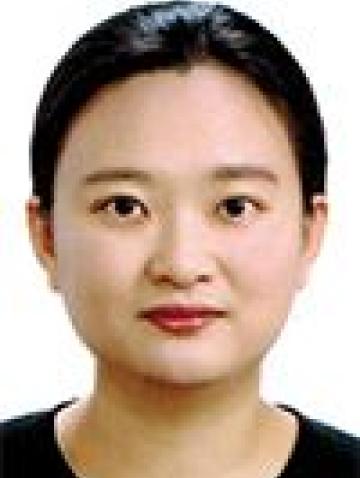Young Sun Park
Areas of interest : Korean History; Korean Culture and Cinema; Korean Literature; Gender in Korea; East Asian History
Region: Korea
Young Sun Park was born and raised in South Korea. She received her Ph.D. in History from the University of Southern California in 2018. Dr. Park’s research focus is on the history of childhood and the institutionalization of children in need, including the symbolic meanings they carried in Korean society. By analyzing the way of institutionalizing particular children labeled as “undesirable,” such as orphans and vagrant children, her research reveals central features in the relationship between the institutionalized treatment of undesirable children, on the one hand, the family, the state, and external forces, on the other, in the shaping of modern Korea.
While at Yale, Dr. Park will prepare her dissertation for publication. She will also teach a class on cinematic dramatization of gender in the context of modern Korean history in Fall, 2018.
Courses
EAST 401, HIST 350J, WGSS 401
Gender in Modern Korea: History and Representation
This seminar examines the cinematic representation of Korean masculinity and femininity through history: from the appearance of the New Woman in the early twentieth century to the commercialized woman under the wave of neoliberalism more recently. By contextualizing these themes within the history of modern Korea, this class introduces students to major filmic texts and encourages them to historicize the dominant representations of gender by identifying the relevant, preferred categories and aesthetics of particular periods. Students are expected to engage in critical reading, analysis, and writing. Students also analyze and interpret the cinematic depictions to ask how these films illuminate issues of gender within the context of major historical themes such as national identity, external relations, and political and social conflict. Korean history presents a special opportunity for such an exercise because of South Korea’s very sophisticated popular culture industry, and because of this industry’s welcome dedication to re-imagining historical figures, events, and settings.
